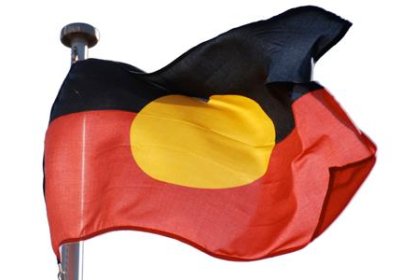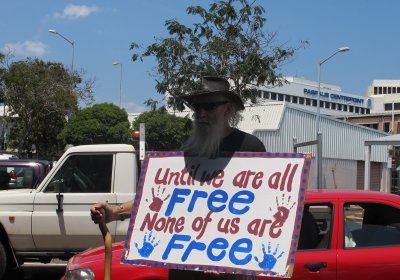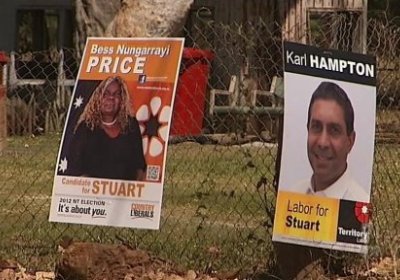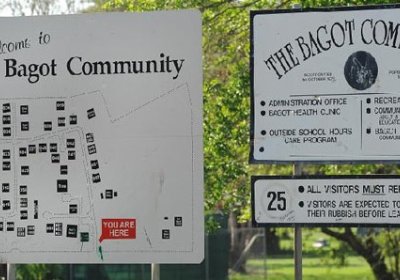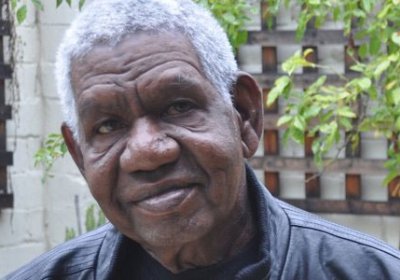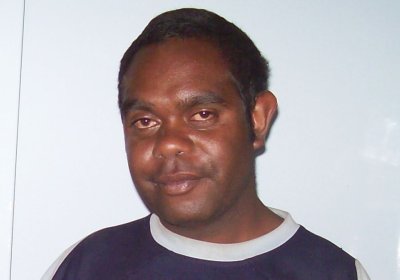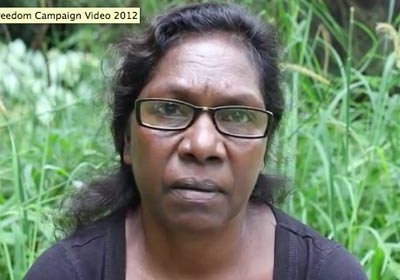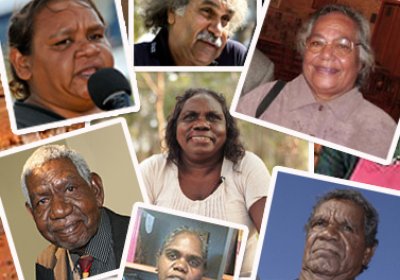The Standing Committee on Aboriginal and Torres Strait Islander Affairs tabled its much-anticipated inquiry into language learning on Aboriginal communities on September 17, titled Our Land Our Languages.
Emma Murphy
About 20 refugee supporters gathered outside the immigration department's office in Darwin on September 12 to protest against the federal Labor government’s plan to send asylum seekers to Nauru. The protest, organised by the Darwin Asylum Seeker Support and Advocacy Network (DASSAN), had an added urgency as immigration minister Chris Bowen announced on September 10 people would be transferred at the end of the week.
Much of my understanding of the issues facing Aboriginal Australians comes from my experience of living and working with Aboriginal people who still speak their own languages at home and live largely on their own land or on communities close to their traditional lands. It’s important to remember that these populations are a minority among Aboriginal and Torres Strait Islander people today. So at one level, my focus may seem largely irrelevant to the situations and struggles of the vast majority of Aboriginal people.
About a dozen refugee supporters gathered at the fence of the Darwin Airport Lodge on September 8. The protest, organised by the Darwin Asylum Seeker Support and Advocacy Network (DASSAN), was organised in response to some refugees in the detention centre — including children — recently being told they will soon be sent to Nauru for processing.
The federal Labor government locks up asylum-seeking women, families and unaccompanied children in the Darwin Airport Lodge.
Aboriginal voters in remote Northern Territory put themselves decisively onto the political agenda in the August 25 territory election.
As other commentators have noted, it was probably the first time in Australia’s history when this otherwise marginalised section of the population decided an election.
For only the second time in its short voting history, the NT changed its ruling party. After 11 years of Labor, voters in remote and rural areas opted for change, and voted for minor parties, independents and the Country Liberal Party (CLP) in very significant numbers.
Up to 200 Bagot community residents and supporters rallied outside Country-Liberal Party MLA Dave Tollner’s office on August 16, angry over his plans to “normalise” their home.
Bagot was a reserve established in 1938 and included a residential facility for Stolen Generations children.
I have mixed feelings each time I see a “Close the Gap” bumper sticker. The number of Australians supporting the health equity campaign, expressing outrage on the appalling gap in life expectancy between Aboriginal and non-Aboriginal Australians — and demanding government action — is certainly heartening. The fact that the government appears committed to the same goals, through its similarly named "Closing the Gap" initiative feels like it should be cause for celebration.
In the early hours of June 29, the Australian Senate passed legislation that is expected to entrench assimilation, disadvantage and racism for another decade in the Northern Territory.
Twenty-seven -year-old Kwementyaye Briscoe died on January 5 while in police custody in Alice Springs, Northern Territory. Last week, the coronial inquest into his death began.
A man who was taken into custody with Briscoe told the inquest he watched police drag him through the watch-house, ABC Online said on June 13. Other prisoners saw that Briscoe was bleeding from the head, and one man told the inquest he could hear him “groaning and gasping for air”.
The June 11 Sydney Morning Herald reported that people with disabilities in Australia are paying up to five times more for essential equipment than their overseas counterparts.
New legislation introduced by the federal Labor government will entrench many aspects of the Northern Territory Emergency Response, the NT intervention, for 10 years. The Senate Community Affairs References Committee released the findings of its inquiry into the Stronger Futures in the NT Bill and related legislation on March 13. It suggests some minor amendments, but leaves the substantive content of the bill unchallenged.
NT Consultation Report 2011 ― By Quotations
Published by Concerned Australians
72 pages, hardcover, $15
www.concernedaustralians.com.au
The latest Concerned Australians book, NT Consultation Report 2011 ― By Quotations, couldn’t have been released at a better time.
The simple but powerful collection of quotes are selected from the federal government’s Stronger Futures consultations, conducted across the Northern Territory between June and August last year.
- Previous page
- Page 5
- Next page
